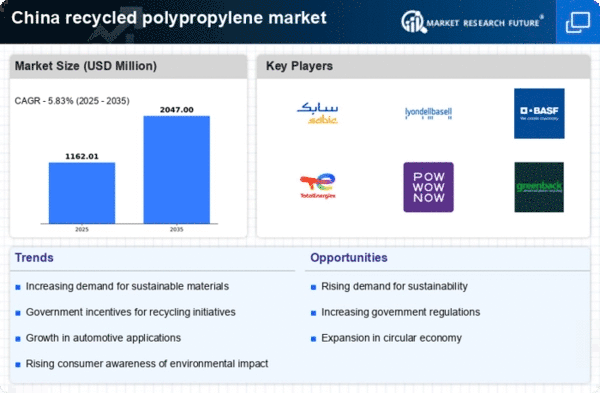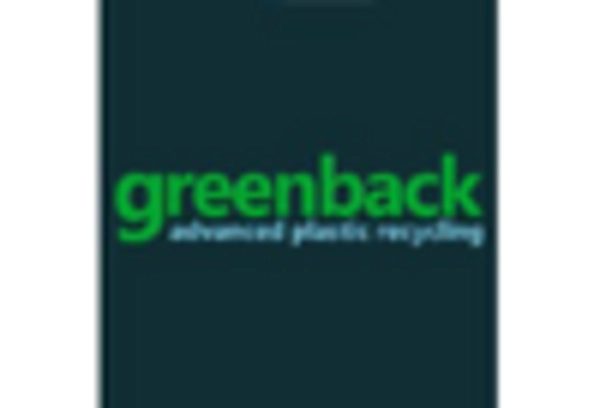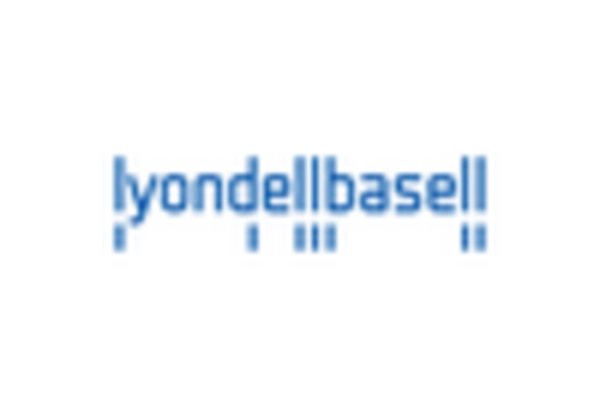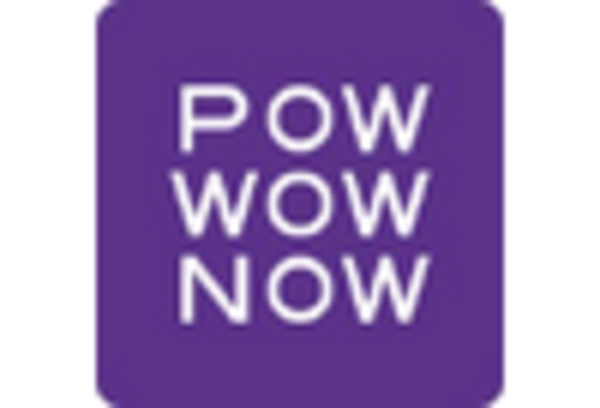Market Share
China Recycled Polypropylene Market Share Analysis
In the dynamic and naturally aware China Recycled Polypropylene (rPP) Market, companies use various market share positioning methods to get an edge and meet the growing demand for sustainable plastics. The methodology emphasizes product quality and development. Companies invest in reusing technologies to produce high-quality rPP with virgin polypropylene qualities. Brands lead the way in affordable solutions for packing, auto parts, and customer products by supplying recycled material that meets industry standards and performs well.
In the China rPP Market, evaluating systems determine market share. Some companies promote recycled polypropylene as a cost-effective investment. This method appeals to manufacturers and companies seeking eco-friendly alternatives to virgin polymers. However, premium estimate methods position rPP as a high-quality, eco-friendly material. Brands that emphasize virtue, predictability, and high-level handling attract maintainability-focused customers who will pay more for recycled polypropylene.
Market share in China's rPP Market depends on effective marketing. Companies heavily market recycled polypropylene's environmental benefits, asset preservation, and circular economy compliance. Drawing in happy through advanced stages, support in manageability meetings, and combined activities with bundling and auto affiliations boost brand perception and legitimacy. Marketing campaigns that use rPP to reduce carbon footprint, cost, and industry difficulties influence buying decisions.
Market share positioning depends on coordinated China rPP Market efforts and connections. Partnering with waste management companies, innovation providers, and research institutions helps companies employ similar expertise. Joint efforts can spur inventive work, creative reuse, and market drifts and opportunities, helping the rPP business grow and survive.
With growing awareness of plastic pollution and ecological degradation, brands that offer rPP with low carbon footprint, energy-efficient recycling cycles, and plastic waste reduction are in demand. Confirmations, eco-naming, and assistance in roundabout economy initiatives attract naturally aware customers and portray the brand as a careful advocate of controllable plastic consumption.
Consumer education is crucial to China's rPP market share. Brands invest in educational content that educates producers, packaging professionals, and consumers about recycled polypropylene. By providing specialized data, contextual analysis, and practical experiences, enterprises help partners make educated decisions, building trust and brand loyalty.


















Leave a Comment